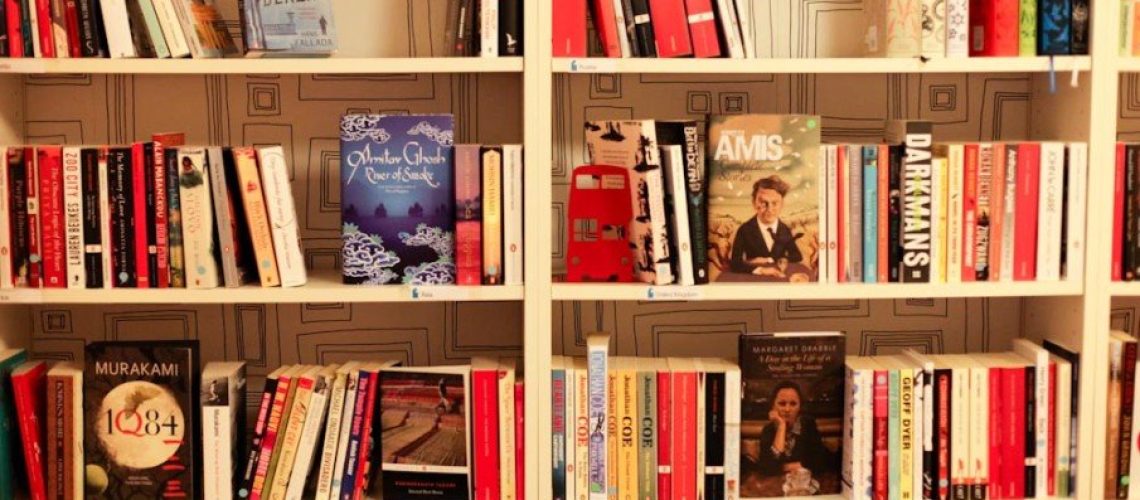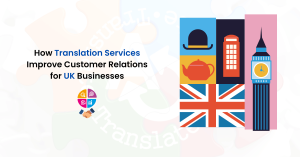There are two categories of people: the ones who read, and the ones who don’t. By reading I mean “reading literature” of course, even though I won’t denigrate the news or any other kind of practical articles or stories. As a member of the first category since always, I have been widening my reading range step by step throughout my life: first I began with child books, then teenager books, then classics of the French literature (as I am French), then other genres of the French literature, then translated foreign literature – I must have been 17 when I got into the brilliant The Grape of Wrath, Jane Eyre, Doctor Zhivago and many others that sealed my fate of bookworm.
There is another “then”, but not everyone can afford to try this one because it requires a good language level: to read in a foreign language. For me this is one of the best reading experiences as it brings a lot more than a simple translation, and here is the reason: We all have our own sensibility and approach to arts. Whether it is a movie or a book, no one will “feel” it the same way as somebody else. Let’s take the example of a painting, especially an abstract or a cubist one. It is completely up to the viewer to interpret it as they wish, depending on their mood, their experience, their sensibility, etc. Not to say that it is the same for a book, but close to it.
There have always been struggles and disagreements regarding the different translations of a same book; it usually concerns only a few subtle things and never calls the whole meaning of the book into question, but it still exists. I am not here to write about divergences of interpretation of a book, this was only to remind you that the translated version of a book can never been taken for granted, especially when it comes to poetry and/or artistic thoughts.
To me, reading in a foreign language is not only about getting access to the “real” version of the book and reading the exact words that the writer has chosen – even if this thought is pretty fascinating. It also has an incredible potential to improve one’s language skills; just think about all the vocabulary and the idioms that you will be able to get – without the stress of an exam afterwards! Because the main point is not to worry about forgetting a new word right after having checked it in the dictionary, it’s OK if you do because you will still unconsciously remember it and it will click next time you will encounter it. What’s more, it is a well easier way to learn vocabulary than to read an insipid list, thanks to the context which will be more stimulating for your brain.
The biggest issue with reading in a foreign language is to start. A book in a foreign language can be very frightening because we tend to wonder if we will be able to understand it, if it will be really worth the effort of flipping through the dictionary 20 times a page. It took me years to take the plunge, and I realised that I had been worrying for nothing as soon as I began my first book in English: I indeed looked for every unknown word for the ten first pages, then I just had enough of it and began to read without caring about understanding each and any word. And it worked, thanks to the context. When I didn’t know the precise meaning of a word, I still could understand it. My advice would be then to look only for the words that seem very critical, and let yourself be lulled by the rest, your brain will do the work for you and you won’t even notice!
Written by Juliane Daudan










